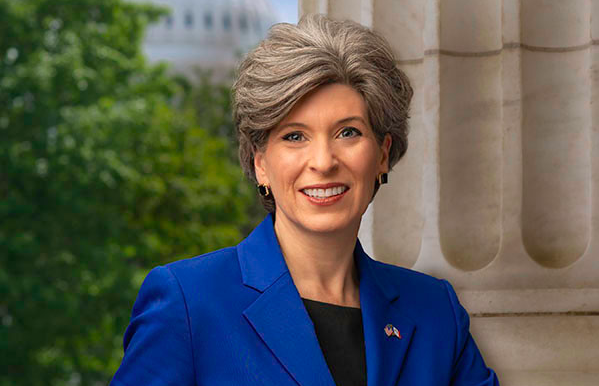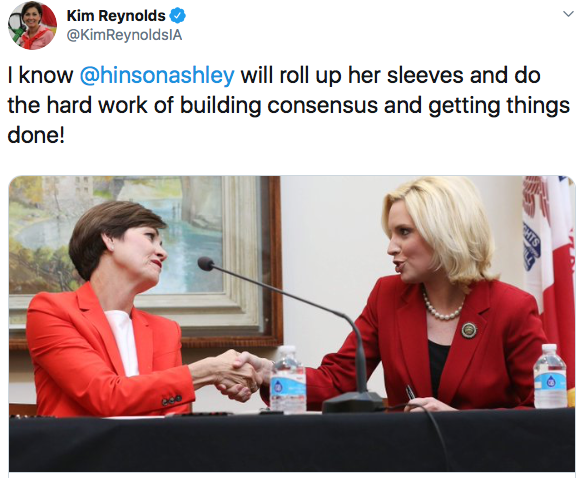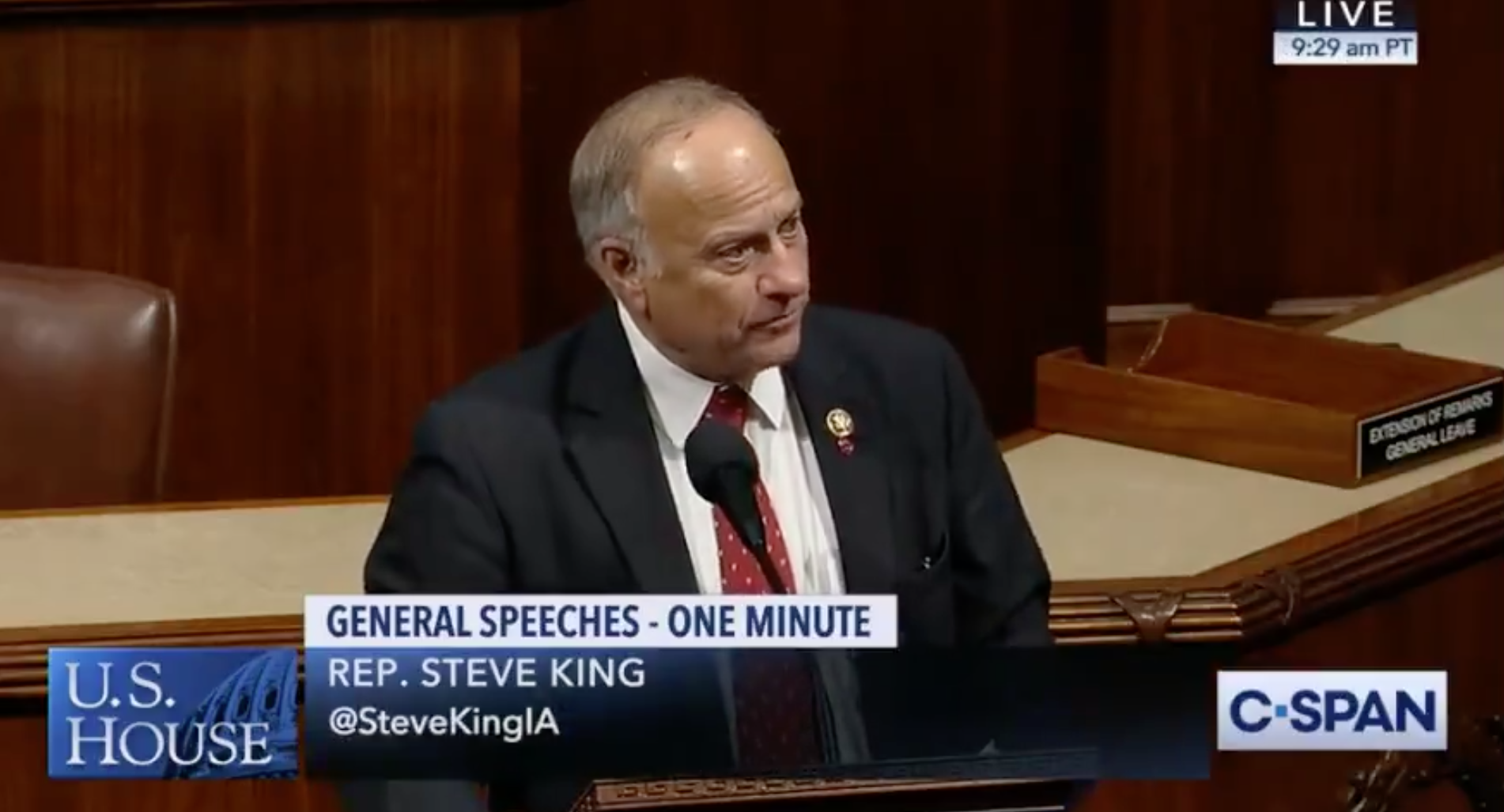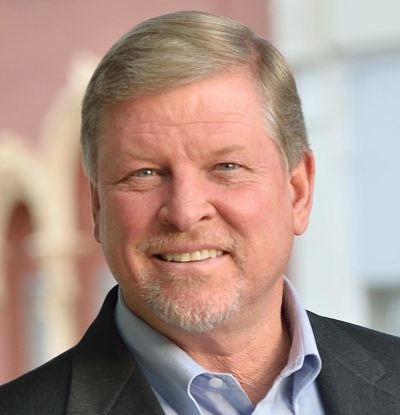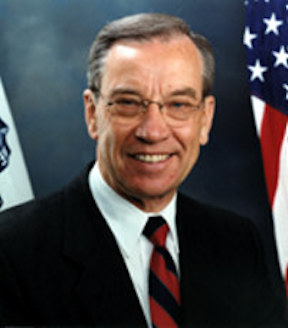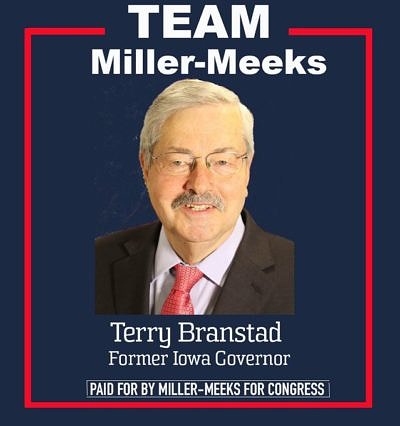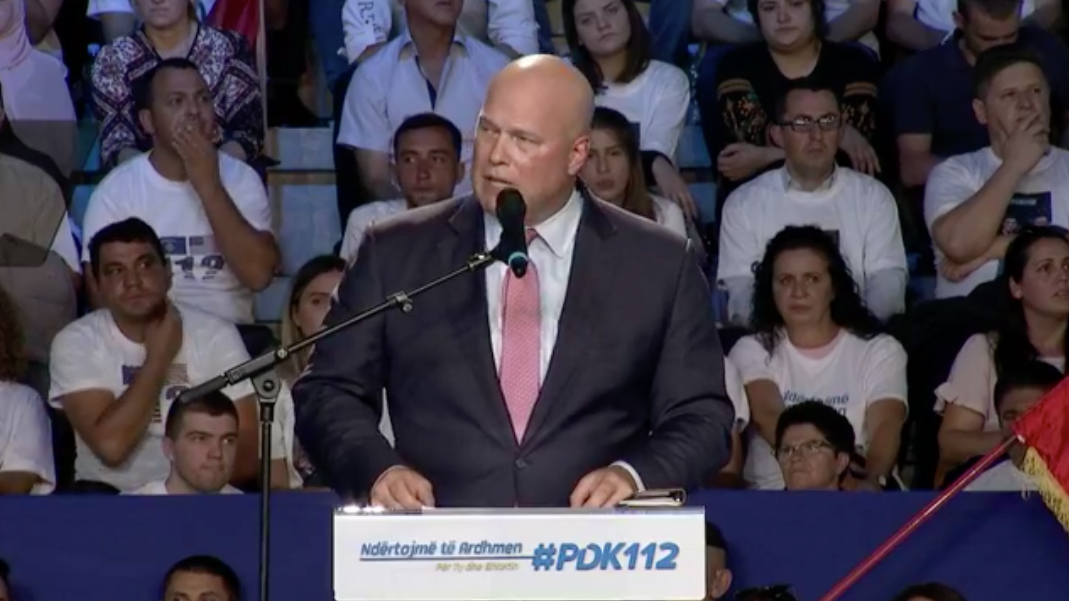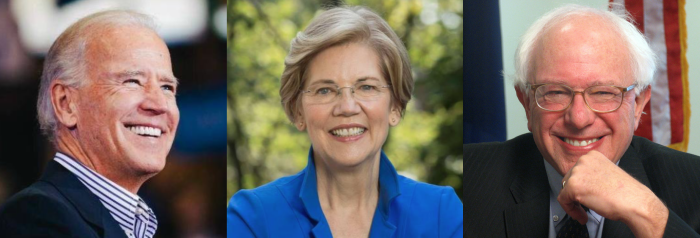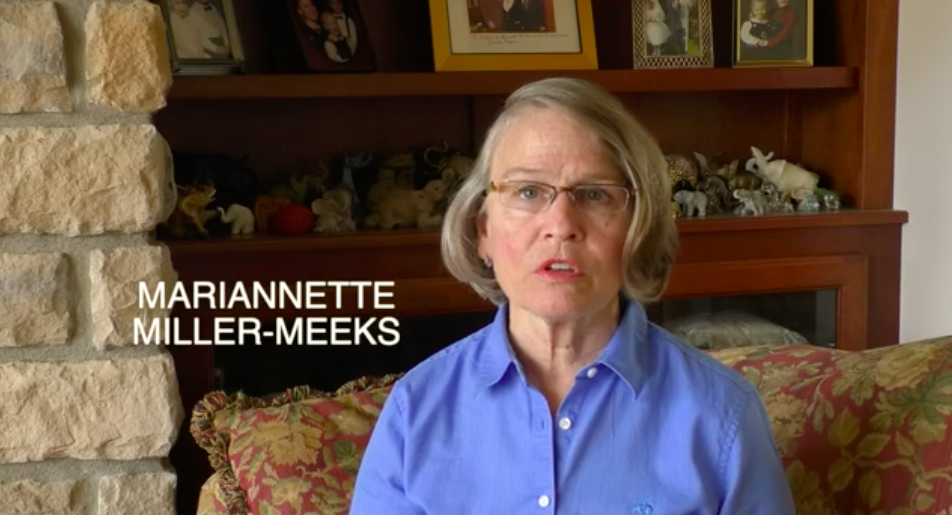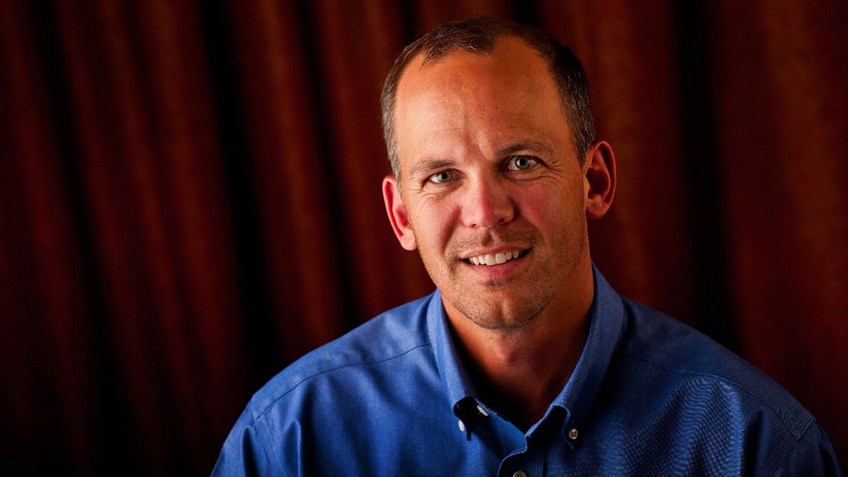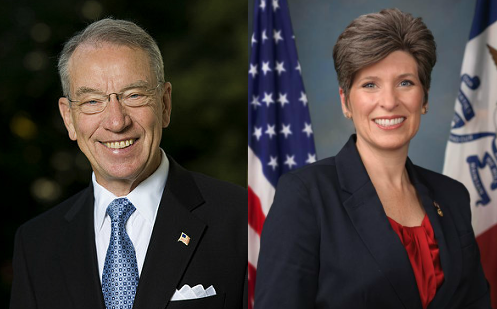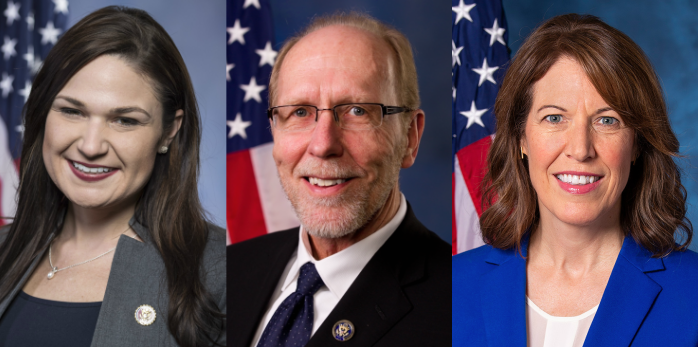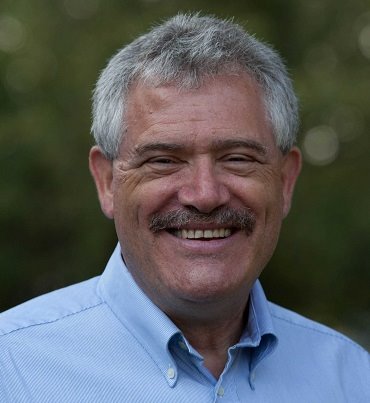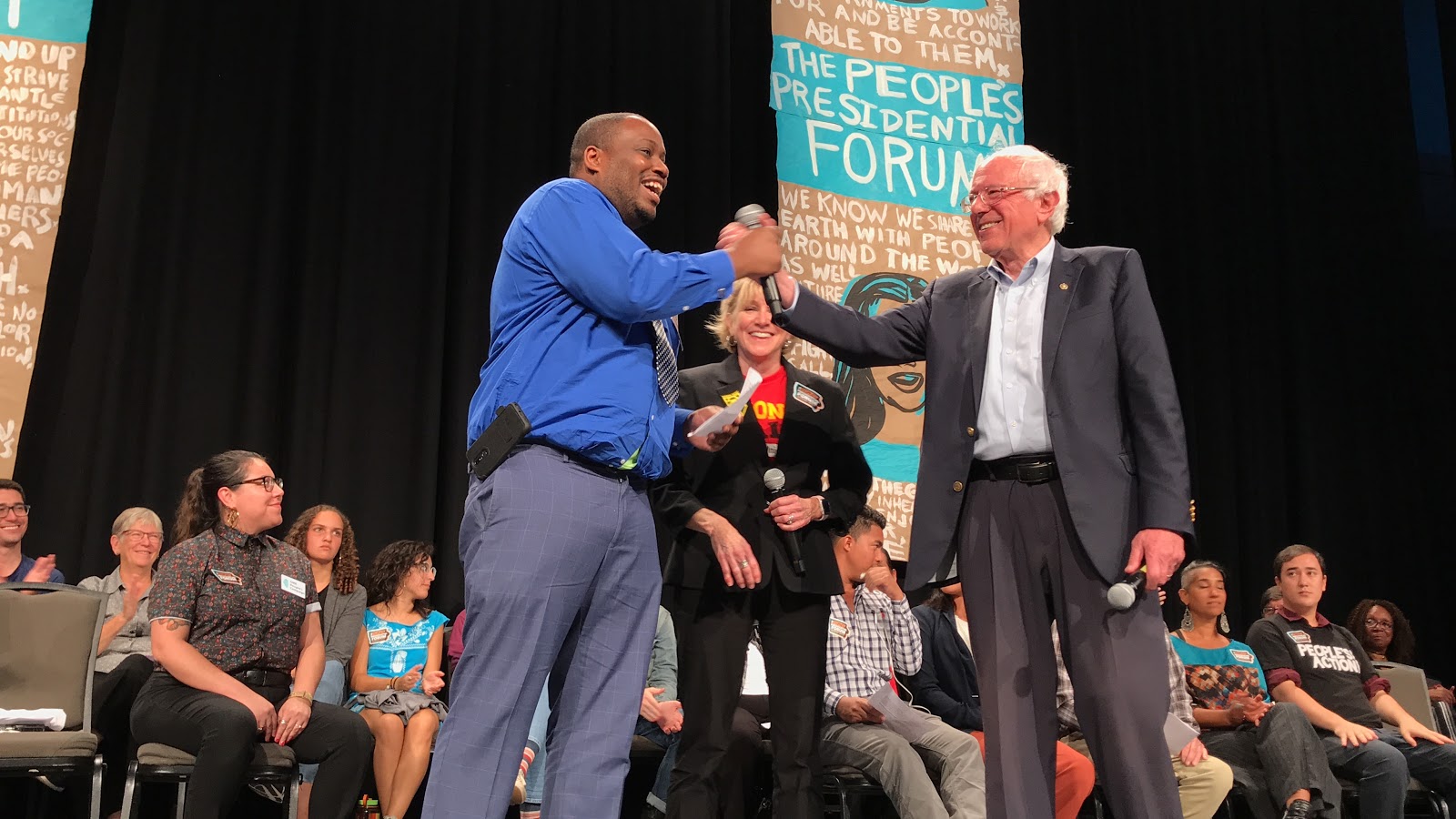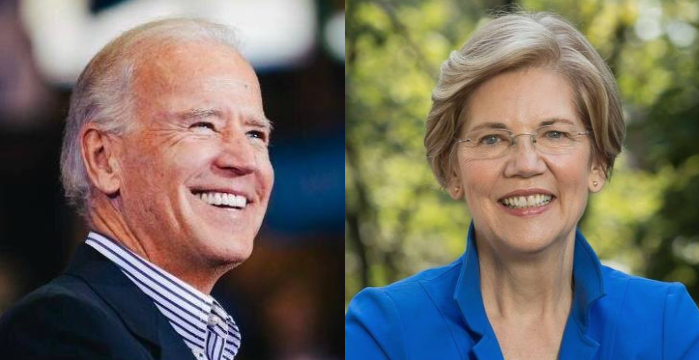Former State Senator Jack Hatch will run for Des Moines mayor, he announced on WHO-TV on September 19, the last day for local candidates in Iowa to file nominating papers. A few minutes later, his campaign released a statement and a video, both enclosed below, and launched a website at JackHatchforMayor.com.
Key issues for Hatch will include fixing roads and neighborhood infrastructure, addressing “the urgent mental health care crisis that has been ignored,” protecting drinking water, improving area schools, and public safety measures including steps to reduce gun violence. All of those topics were mentioned in a telephone poll Hatch commissioned earlier this month, which Bleeding Heartland summarized here.
Defeating sixteen-year incumbent Mayor Frank Cownie will not be easy, and Hatch will have only six and a half weeks to build his case with voters. However, unlike most challengers, he already has very high name recognition. Hatch represented parts of Des Moines in the Iowa House or Senate for more than 20 years, was the 2014 Democratic nominee for governor, and is a well-known property developer.
Hatch told WHO-TV’s Dave Price he started thinking about running for mayor after Cownie “decided not to protect our drinking water when he had a chance to,” adding that Cownie “was silent” as Republican legislators tried to break up the Des Moines Water Works in 2017. Hatch acknowledged he was starting his campaign late, saying others had considered running against Cownie but backed off. He’s in the race because sees the future of Des Moines “being blurred” without strong leadership.
Turnout on November 5 may be higher than usual for a city election, because Des Moines has multiple competitive city council races, and this is the first year school board elections will be held concurrently with elections for municipal offices. Early voting begins on October 7.
Continue Reading...

